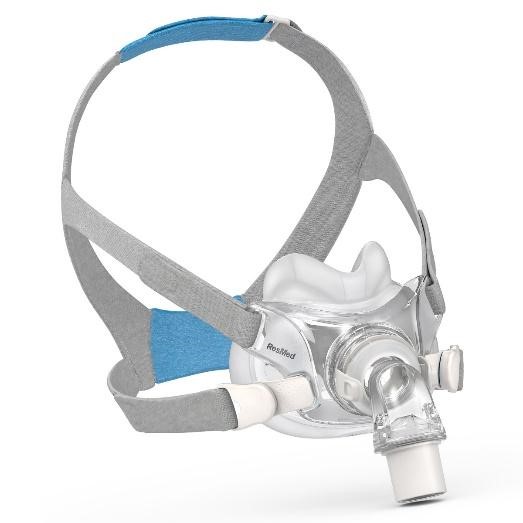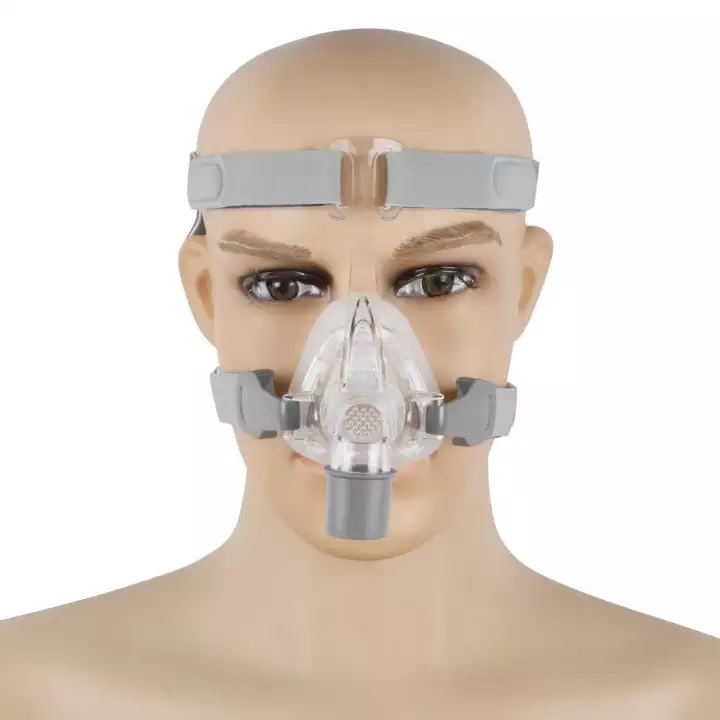Table of Contents
Common CPAP Mask Comfort FAQs
When starting to use the CPAP machine, many people worry about the dangers of using a CPAP machine. Even so, most of the risks are caused by the use of the wrong mask. According to CPAP therapists, having a comfortable mask is the ideal way to guarantee a better treatment experience. Below are some CPAP mask FAQs to help you enhance your CPAP user experience and reduce discomfort.
What should I do when I experience some discomfort while wearing a mask?

You could be wearing an uncomfortable face mask that hurts the nose. It would be best to try re-fitting it or try a different size or obtain the right type of mask.
- Fit– incorrect fit may cause a mask discomfort. We recommend that you re-fit the mask in line with the fitting instructions in the mask user guide.
- Size– it is prudent to get a good seal by tightening the mask to fit the right size
- Type– if your mask is uncomfortable, it would be best to get another type of mask.
If you are wondering how to prevent nose sores from CPAP mask, you can the right fit from a CPAP supplies dealer near you.
How can I fix a leaking mask?
If your CPAP mask is leaking air, the be guess is a problem with the seal or the fit. If the problem persists, why not try using a heated humidifier or one of the latest positive pressure (PAP) devices? New PAP devices measure and compensate for unintentional leaks to ensure the correct pressure is maintained automatically.
How can I resolve the problem of a mask often getting off during sleep?

When a mask does rest on its position or it is too tight for the face, it may cause CPAP mask pressure sores. If the mask is coming off during sleep, you need to set your straps correctly. If this problem continues, you should get a full face mask or ask your therapist of any available better solution.
Which is more comfortable – a nasal mask or full-face mask?
Every CPAP user is different! If you experience CPAP mask irritation under the nose, you do not have the right type of mask. There are full face masks that cover more of the face, while nasal masks or pillows masks cover less. The best among the two masks come down to personal preference and the type of mask best suits your needs.





 Shop
Shop



